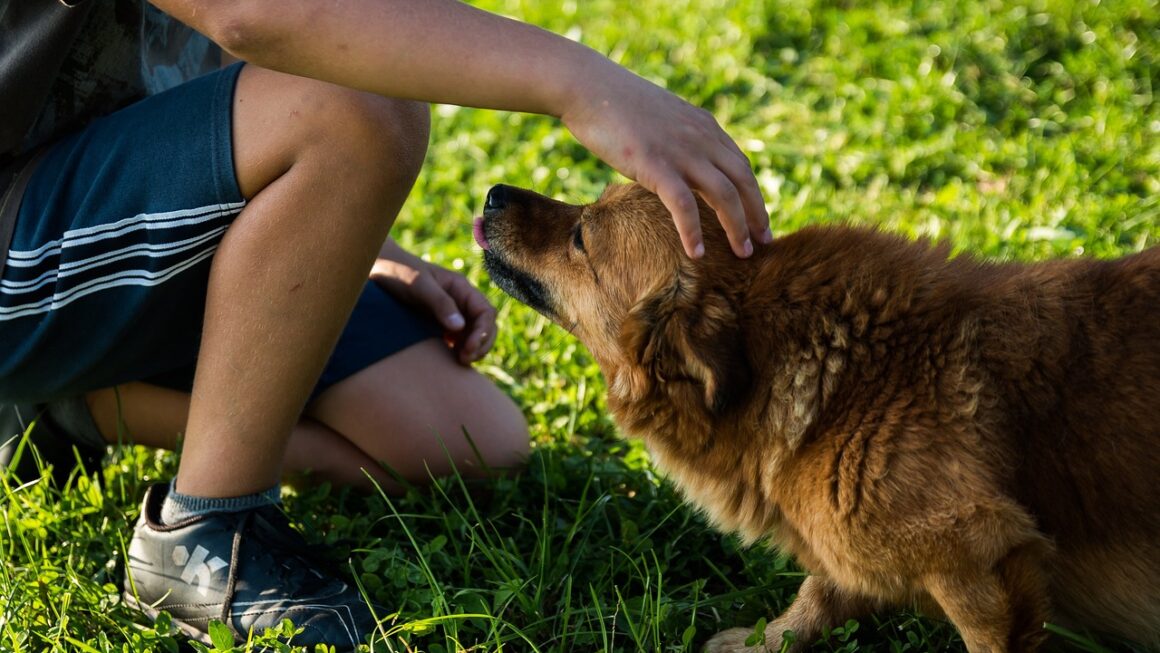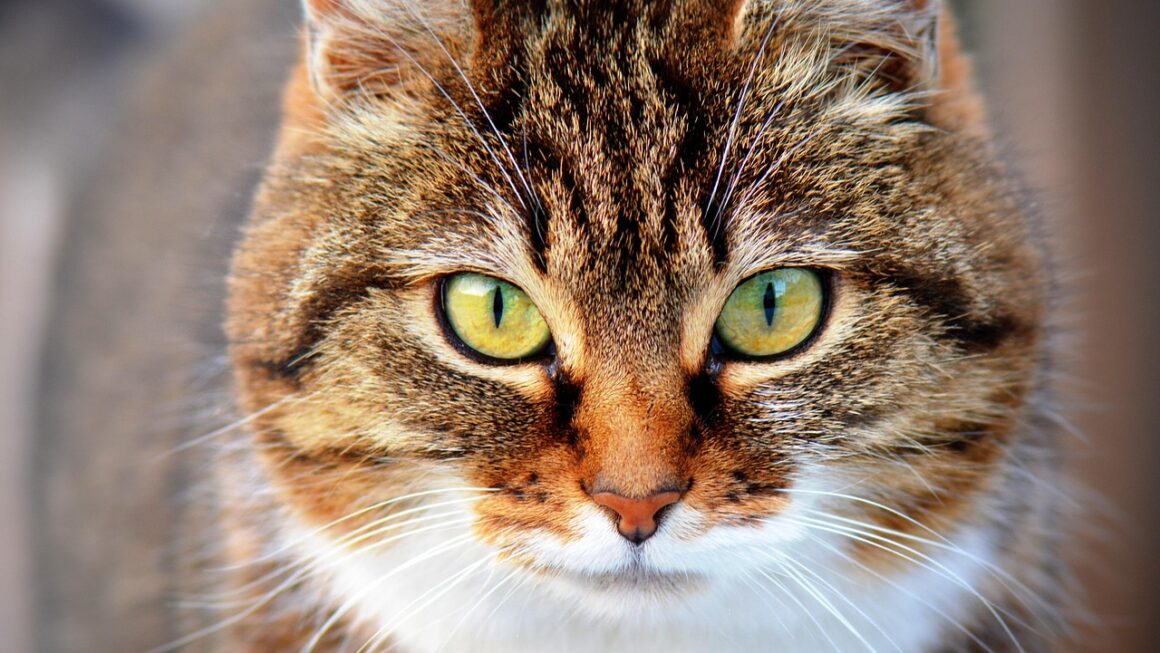Protecting our furry friends from preventable diseases is one of the most important responsibilities of pet ownership. Pet vaccinations are a cornerstone of preventative veterinary care, shielding dogs and cats from a range of potentially fatal illnesses. This comprehensive guide will explore the importance of pet vaccinations, detailing which vaccines are recommended, the vaccination schedule, potential side effects, and how to ensure your pet stays healthy and protected.
Why are Pet Vaccinations Important?
Disease Prevention
Vaccinations are vital for preventing a wide array of infectious diseases in pets. These diseases can cause severe suffering, long-term health complications, and even death. By stimulating the immune system to produce antibodies, vaccines prepare your pet’s body to fight off specific pathogens if they are ever exposed.
- Example: The Canine Parvovirus is a highly contagious viral disease that causes severe gastrointestinal distress and can be fatal, especially in puppies. Vaccination is the most effective way to prevent Parvo. Similarly, Feline Panleukopenia (feline distemper) is a deadly disease in cats, but vaccination provides excellent protection.
Public Health
Protecting pets from disease also contributes to public health. Certain diseases, like rabies, are zoonotic, meaning they can be transmitted from animals to humans. Vaccinating pets against rabies is not only crucial for their health but also essential for preventing the spread of this deadly disease to people.
- Statistic: According to the CDC, rabies is almost always fatal once symptoms appear. Vaccinating your pet protects them and helps maintain public health safety.
Cost-Effectiveness
Preventative care, including vaccinations, is far more cost-effective than treating diseases after they develop. Treatment for diseases like parvovirus, distemper, or feline leukemia can be expensive, stressful for both the pet and owner, and doesn’t always guarantee a positive outcome.
- Practical Example: The cost of a series of puppy vaccinations is significantly less than the cost of hospitalization and treatment for a severe case of parvovirus, which can easily run into thousands of dollars.
Core vs. Non-Core Vaccines
Core Vaccines
Core vaccines are those recommended for all dogs and cats, regardless of lifestyle or geographic location. They protect against diseases that are highly contagious, pose a significant risk of severe illness or death, or have public health importance.
- Dogs:
Rabies: Required by law in most regions.
DHPP (Distemper, Hepatitis, Parvovirus, Parainfluenza): A combination vaccine protecting against several serious canine diseases.
- Cats:
Rabies: Legally required in many areas.
FVRCP (Feline Viral Rhinotracheitis, Calicivirus, Panleukopenia): A combination vaccine protecting against common and severe feline respiratory and gastrointestinal diseases.
Non-Core Vaccines
Non-core vaccines are recommended based on a pet’s individual risk factors, such as lifestyle, geographic location, and exposure to other animals. Your veterinarian will help you determine if non-core vaccines are appropriate for your pet.
- Dogs:
Bordetella (Kennel Cough): Recommended for dogs who frequently visit kennels, groomers, or dog parks.
Leptospirosis: Recommended for dogs who spend time outdoors and are exposed to standing water.
Lyme Disease: Recommended for dogs in areas where Lyme disease is prevalent.
Canine Influenza: Recommended for dogs who frequently visit boarding facilities or doggy daycare.
- Cats:
FeLV (Feline Leukemia Virus): Recommended for kittens and outdoor cats.
FIV (Feline Immunodeficiency Virus): Discuss with your vet based on lifestyle and risk factors.
* Chlamydophila felis: Considered for cats in multi-cat households or those frequently exposed to other cats.
Vaccination Schedule for Puppies and Kittens
Puppy Vaccinations
A typical puppy vaccination schedule starts around 6-8 weeks of age and involves a series of vaccinations given every 3-4 weeks until the puppy is approximately 16 weeks old.
- 6-8 weeks: First DHPP vaccine.
- 10-12 weeks: Second DHPP vaccine. Bordetella vaccine can be given at this time if required.
- 14-16 weeks: Third DHPP vaccine and Rabies vaccine (required by law).
- Booster Vaccinations: Booster shots are generally required one year after the initial puppy series and then every 1-3 years, depending on the vaccine and local regulations.
Kitten Vaccinations
The kitten vaccination schedule is similar to the puppy schedule, starting around 6-8 weeks of age.
- 6-8 weeks: First FVRCP vaccine.
- 10-12 weeks: Second FVRCP vaccine. FeLV vaccine series can start if recommended.
- 14-16 weeks: Third FVRCP vaccine and Rabies vaccine (required by law). FeLV booster vaccine.
- Booster Vaccinations: Booster shots are generally required one year after the initial kitten series and then every 1-3 years, depending on the vaccine and local regulations.
Adult Pet Vaccinations
Adult pets require regular booster vaccinations to maintain immunity. Your veterinarian will recommend a vaccination schedule based on your pet’s age, health, lifestyle, and the type of vaccines used. Titer testing, which measures antibody levels, can sometimes be used to determine if a booster vaccination is needed.
Potential Side Effects of Vaccinations
Common Side Effects
Most pets experience only mild and temporary side effects after vaccination. These can include:
- Soreness or swelling at the injection site: This is the most common side effect and usually resolves within a few days.
- Mild fever: A slight increase in body temperature is normal and indicates that the immune system is responding to the vaccine.
- Lethargy: Your pet may be slightly tired or less energetic for a day or two.
- Decreased appetite: Some pets may have a reduced appetite for a short period.
Rare but Serious Side Effects
Serious side effects from vaccinations are rare but can occur. These include:
- Allergic Reaction (Anaphylaxis): This is a severe and immediate reaction that can cause difficulty breathing, vomiting, diarrhea, and collapse. It requires immediate veterinary attention.
- Injection-site Sarcoma (Cats): This is a rare type of tumor that can develop at the site of vaccination. It is more commonly associated with certain types of vaccines in cats.
What to Do if Your Pet Experiences Side Effects
- Mild Side Effects: Monitor your pet closely. Most mild side effects will resolve on their own within 24-48 hours. Ensure your pet has access to fresh water and a comfortable place to rest.
- Serious Side Effects: Seek immediate veterinary attention if your pet experiences signs of an allergic reaction or any other concerning symptoms after vaccination. Do not hesitate; prompt treatment is crucial.
Ensuring Your Pet’s Safety During Vaccination
Consult with Your Veterinarian
Always consult with your veterinarian to determine the appropriate vaccination schedule for your pet. They will consider your pet’s individual risk factors and health history to make the best recommendations.
Pre-Vaccination Check-Up
Your veterinarian will perform a physical exam before administering vaccines to ensure your pet is healthy enough to receive them. Vaccinating a sick or weakened pet can compromise their immune system and reduce the effectiveness of the vaccine.
Report Any Adverse Reactions
Report any adverse reactions to your veterinarian, even if they seem mild. This information can help them make informed decisions about future vaccinations for your pet. Many veterinary clinics also keep records of vaccine lot numbers, which can be helpful in investigating any potential issues.
Conclusion
Pet vaccinations are an essential part of responsible pet ownership. By vaccinating your dog or cat, you are protecting them from potentially deadly diseases, contributing to public health, and saving money on costly treatments. Work closely with your veterinarian to develop a personalized vaccination plan that meets your pet’s individual needs and keeps them healthy and happy for years to come. Remember, proactive prevention is the best medicine when it comes to your beloved companion.




